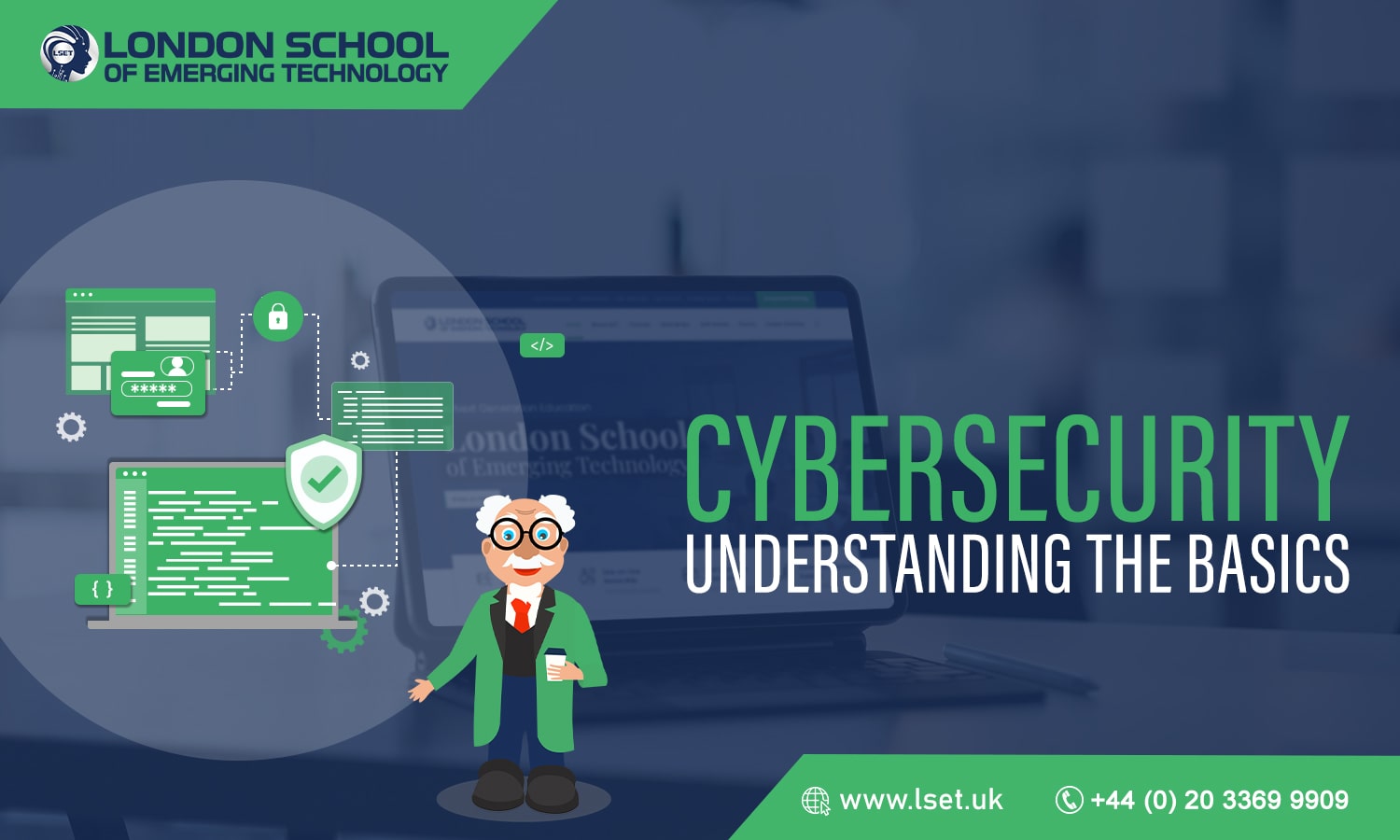In today’s digital world, our reliance on technology has exposed us to a new kind of trouble: cyberattacks. Our particular information, fiscal data, and critical structure are each vulnerable to vicious actors in cyberspace. This is where cybersecurity comes in the practice of guarding networks, bias and data from unauthorised access, use, exposure, dislocation, revision or destruction.
What is Cybersecurity?
Cybersecurity encompasses a broad range of practices, tools and technologies designed to guard information means. Here is a breakdown of the crucial aspects:
Networks: Firewalls, intrusion discovery systems and secure network configurations for the first line of defence, guarding against unauthorised access to computer networks.
Bias Antivirus: software,anti-malware software, and strong watchwords help secure individual bias, such as computers, smartphones and tablets.
Data Encryption: ways scramble data to render it undecipherable without a decryption key, guarding sensitive information indeed if it’s stolen.
People: Security mindfulness training empowers users to identify and avoid cyber pitfalls, such as phishing scams and social engineering attacks.
Why is Cybersecurity Important?
Cybersecurity is no longer a voluntary concern – it’s a necessity. This is why:
Guarding sensitive Information: Cyberattacks can compromise particular data (like social security figures or credit card details), fiscal information (bank accounts or investment portfolios) and healthcare records.
Fiscal Losses: Data breaches can dodge significant costs for businesses, including forfeitures, legal freights and the need to notify affected individuals. Also, disintegrated operations can lead to lost profit.
Structure pitfalls Critical: structure systems like power grids, transportation networks, and communication systems are decreasingly reliant on technology. Cyberattacks on similar systems can have wide consequences.
Reputational Damage: A successful cyberattack can damage an association’s character, erode client trust and hamper unborn business openings.
Cybersecurity for Businesses
Businesses of all sizes, from small startups to large pots, are implicit targets for cyberattacks. Here are some crucial considerations for businesses:
Conduct Security Assessments: Regularly assess your network security posture to identify vulnerabilities and apply necessary security measures.
Implement Security programs: Establish clear programs for word operation, data running, and stoner access control.
Train workers Educate workers about cybersecurity pitfalls and stylish practices to avoid falling victim to phishing attempts or social engineering swindles.
Maintain Software Updates: Ensure all software programs, operating systems, and firmware are streamlined with the rearmost security patches to address known vulnerabilities.
Provisory Data Regularly: Regular data backups ensure you have a dupe of your information in case of a cyberattack or system failure.
Cybersecurity Best Practices for Individuals
Everyone plays a part in maintaining good cybersecurity hygiene. Here are some stylish practices for individualities:
Use Strong and Unique watchwords: produce complex and unique watchwords for each online account. Consider using the word director to help you store and manage them securely.
Guard of Phishing swindles: Be conservative in emails, textbook dispatches, or phone calls that appear to be from licit companies but are attempting to steal your particular information.
Enable Two-Factor Authentication: Two-factor authentication (2FA) adds a redundant security subcategory by requiring an alternate verification step beyond a word.
Be cautious when downloading lines: Only download lines from trusted sources. Vicious software (malware) can be disguised as licit software and compromise your device’s security.
Keep Software streamlined Update your operating systems, operations and web cyber surfers regularly to profit from the rearmost security patches.
Conclusion
Cybersecurity is an ongoing battle, with new pitfalls arising constantly. Still, by understanding the basics of cybersecurity and enforcing stylish practices, individuals and businesses can significantly reduce the threat of cyberattacks. Flashback: Cybersecurity is a participant’s responsibility- by working together, we can produce a more secure digital world. At the London School of Emerging Technology (LSET), a comprehensive Cybersecurity program empowers you with the knowledge and skills to stay ahead of these pitfalls and cover what matters most.

